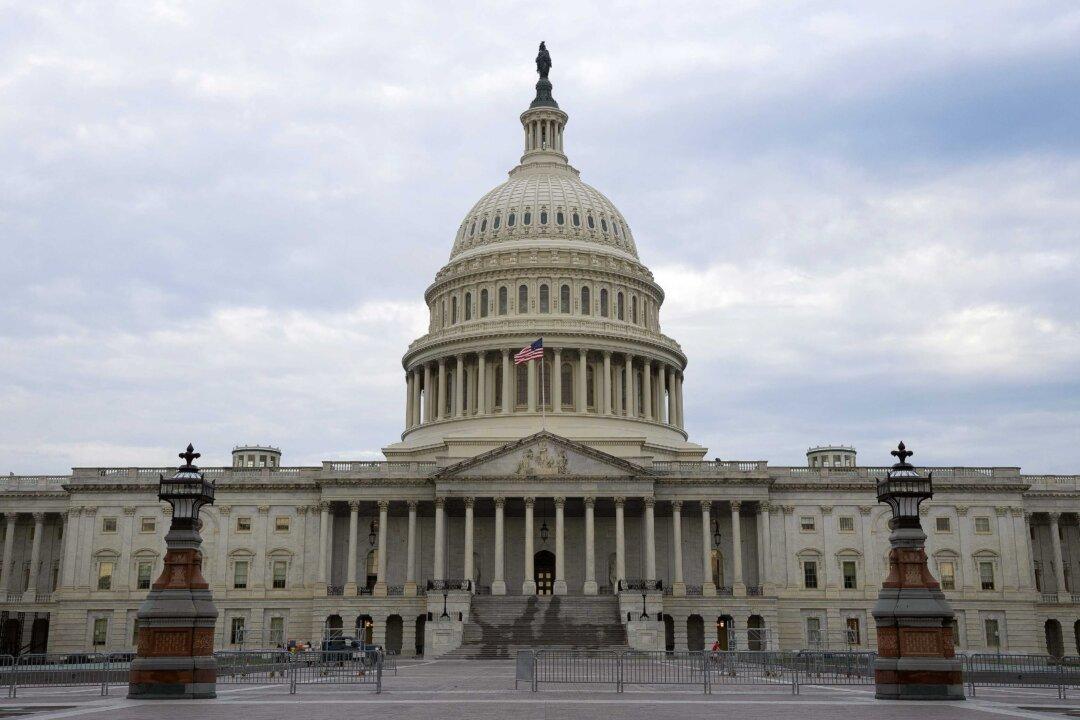News Analysis
Public Interest Legal Foundation (PILF) President J. Christian Adams couldn’t believe what he was reading as he poured over the text of HR1, the “For the People Act,” which was the first piece of proposed legislation introduced by congressional Democrats in the 117th Congress.





